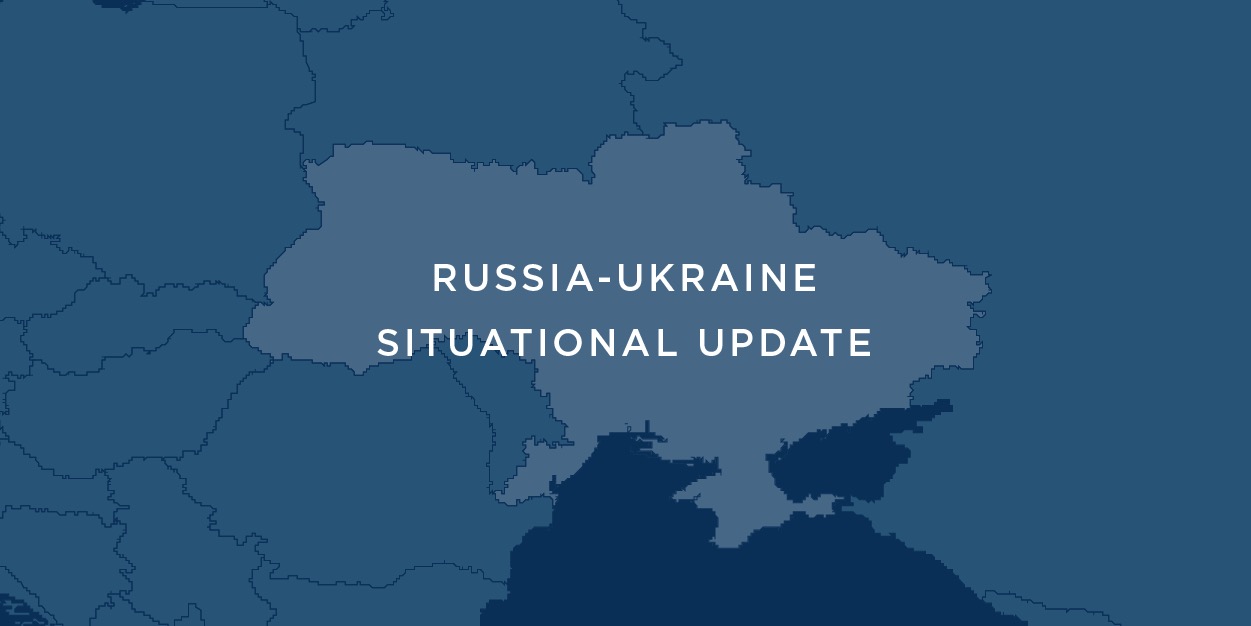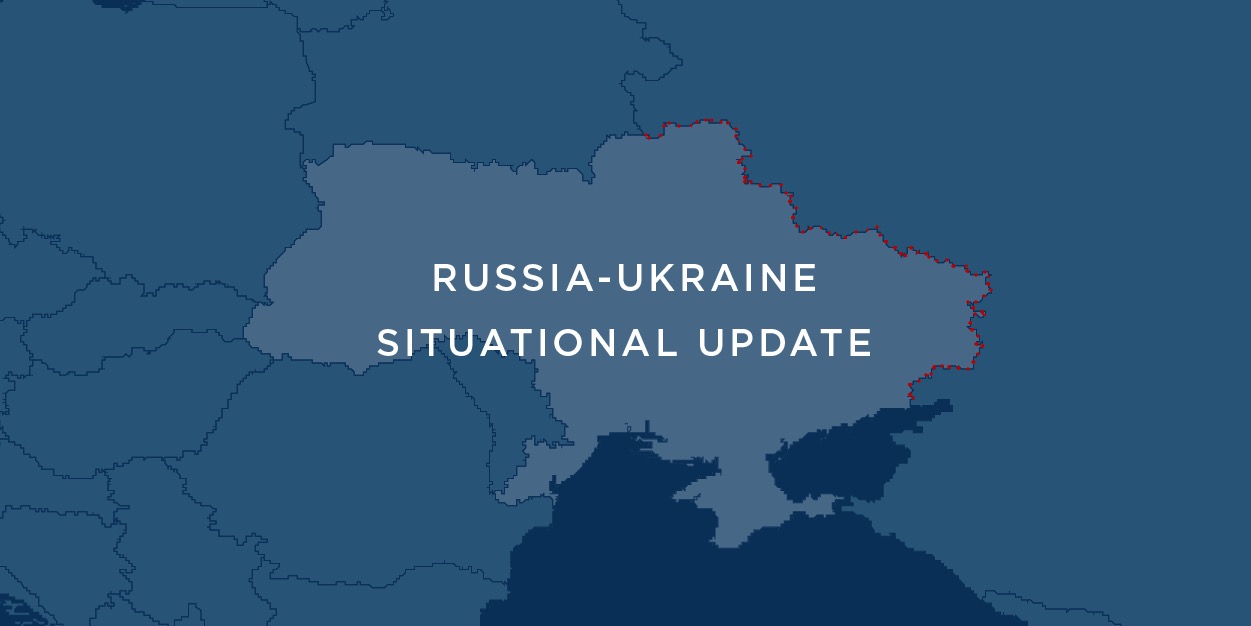Situation update
- Those in Russia should leave the country now before transit options disappear or border controls are implemented. Commercial flight options are disappearing due to route closures, lack of insurance coverage, and suspension of Western parts and maintenance contracts. Russia's aviation sector may not survive sanctions, and private charter flight options are extremely limited.
- Russian airline S7 has announced the suspension of all international flights after one of its planes was seized by the leasing company that owns it while in Yerevan, Armenia. This risk could halt all international flights out of Russia.
- President Putin has yet to comment on the rumors that the Russian state may institute martial law that are causing some Russians to flee the country. Kremlin spokesman Dmitry Peskov made the first official reaction, denying rumors as “hoaxes”.
- Russian legislation outlawing “public dissemination of false information about the use of the Russian military” could be in effect as soon as tomorrow, 05 March. The bill includes:
- Imprisonment for sharing any information opposite the official Russian view of its offensive in Ukraine. Longer sentences are attached to information shared as part of the accused’s job duties and if authorities determine sharing it has “serious consequences”.
- Fines for criticizing the Russian military.
- Fines or forced labor for calling for sanctions against Russia.
- The list of popular websites accessible from Russia continues to shrink as Facebook, Twitter, BBC, and independent Russian press outlets are blocked.
- The Moscow Stock exchange will remain closed until at least 09 March. Russia’s largest exchange shut its doors on 28 February, making this its longest shutdown in the country’s history.





